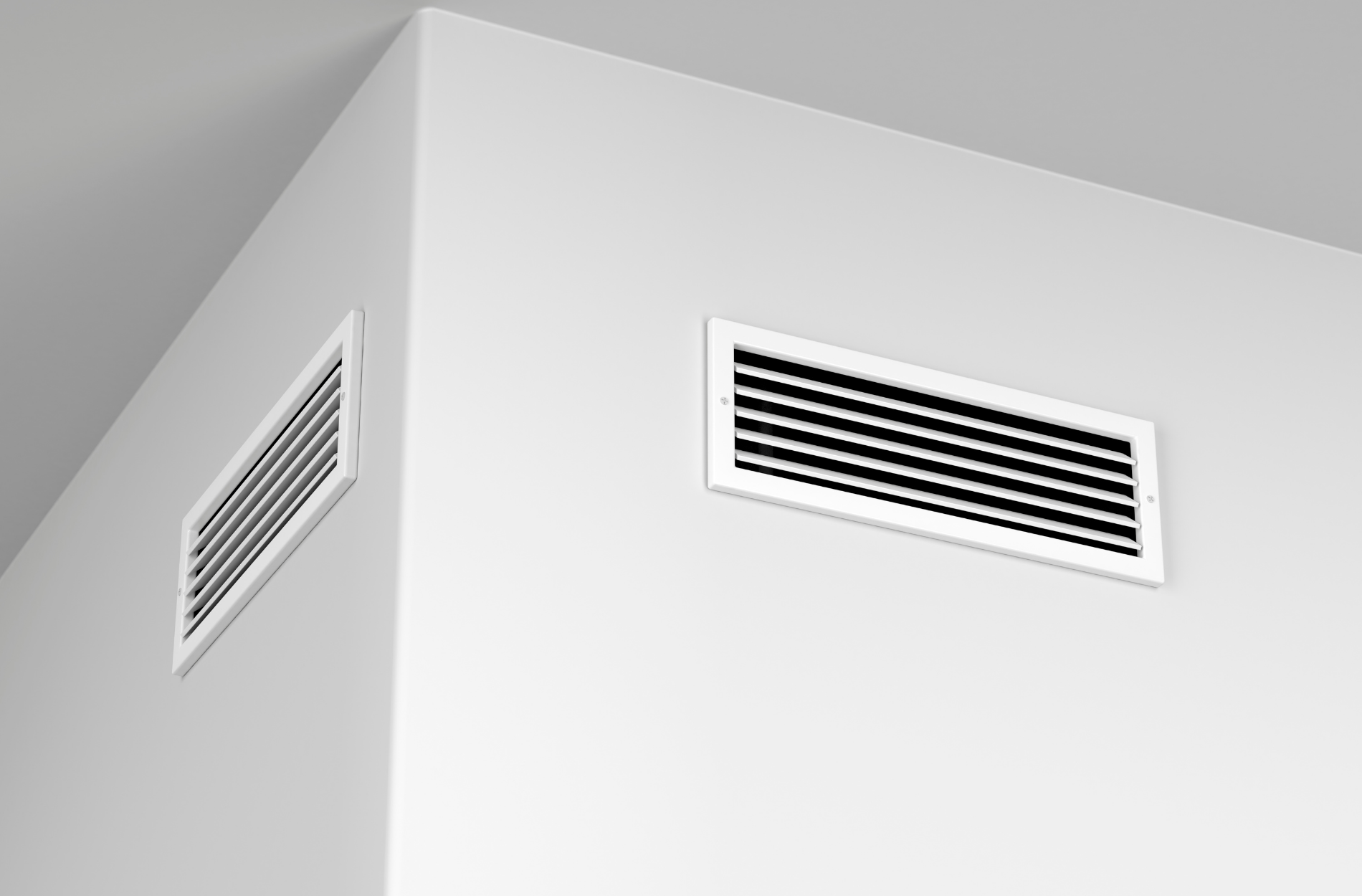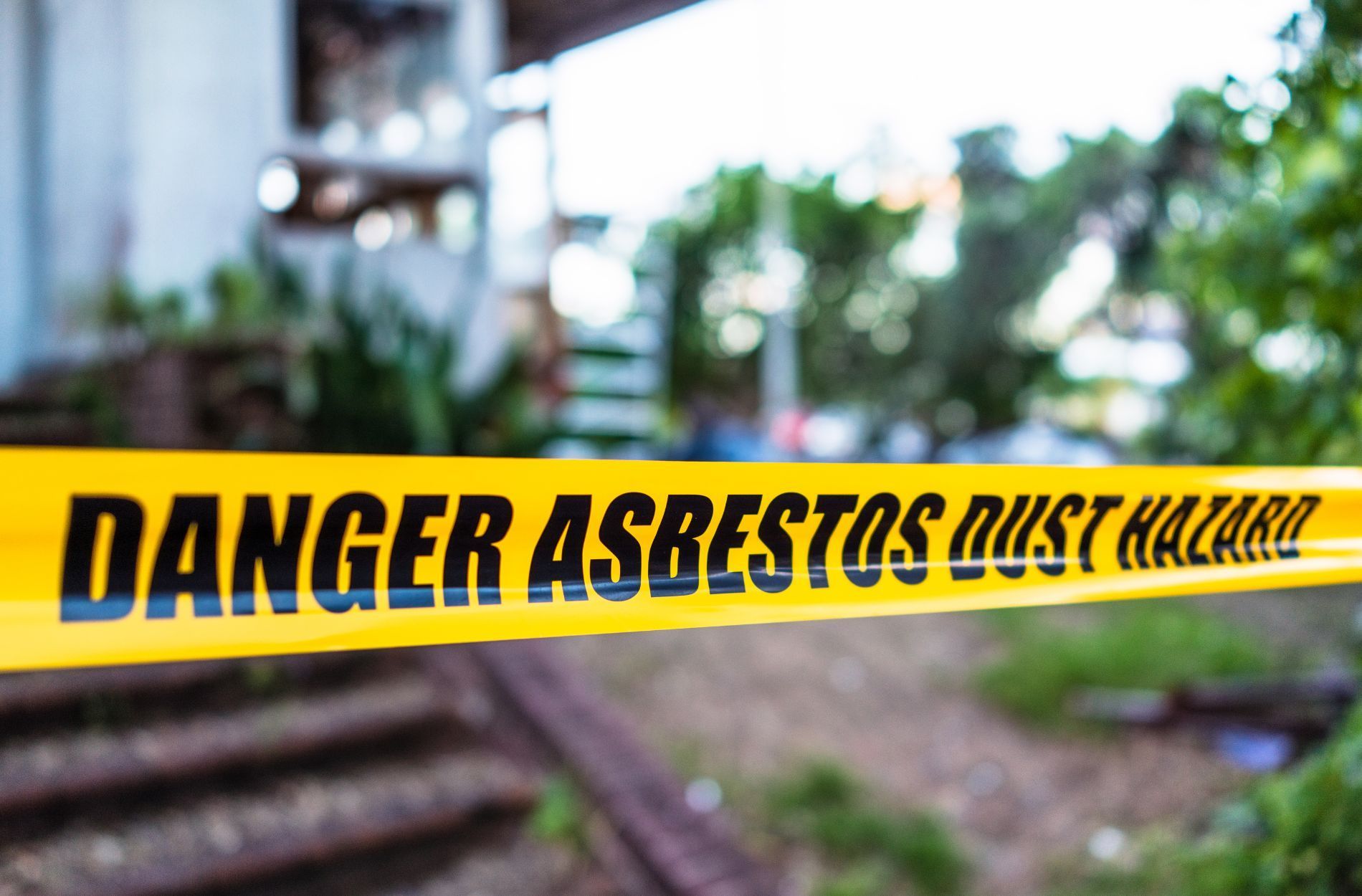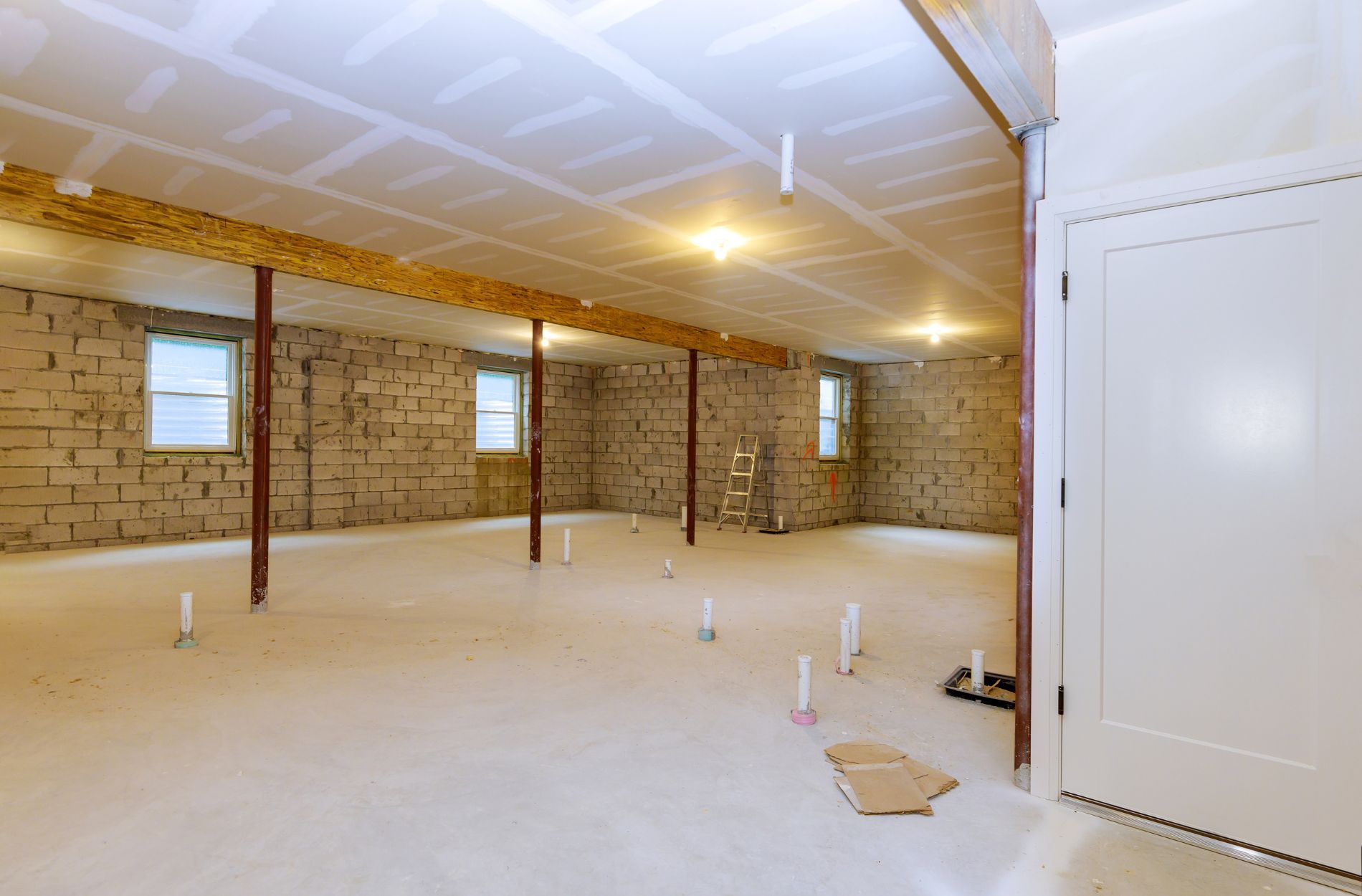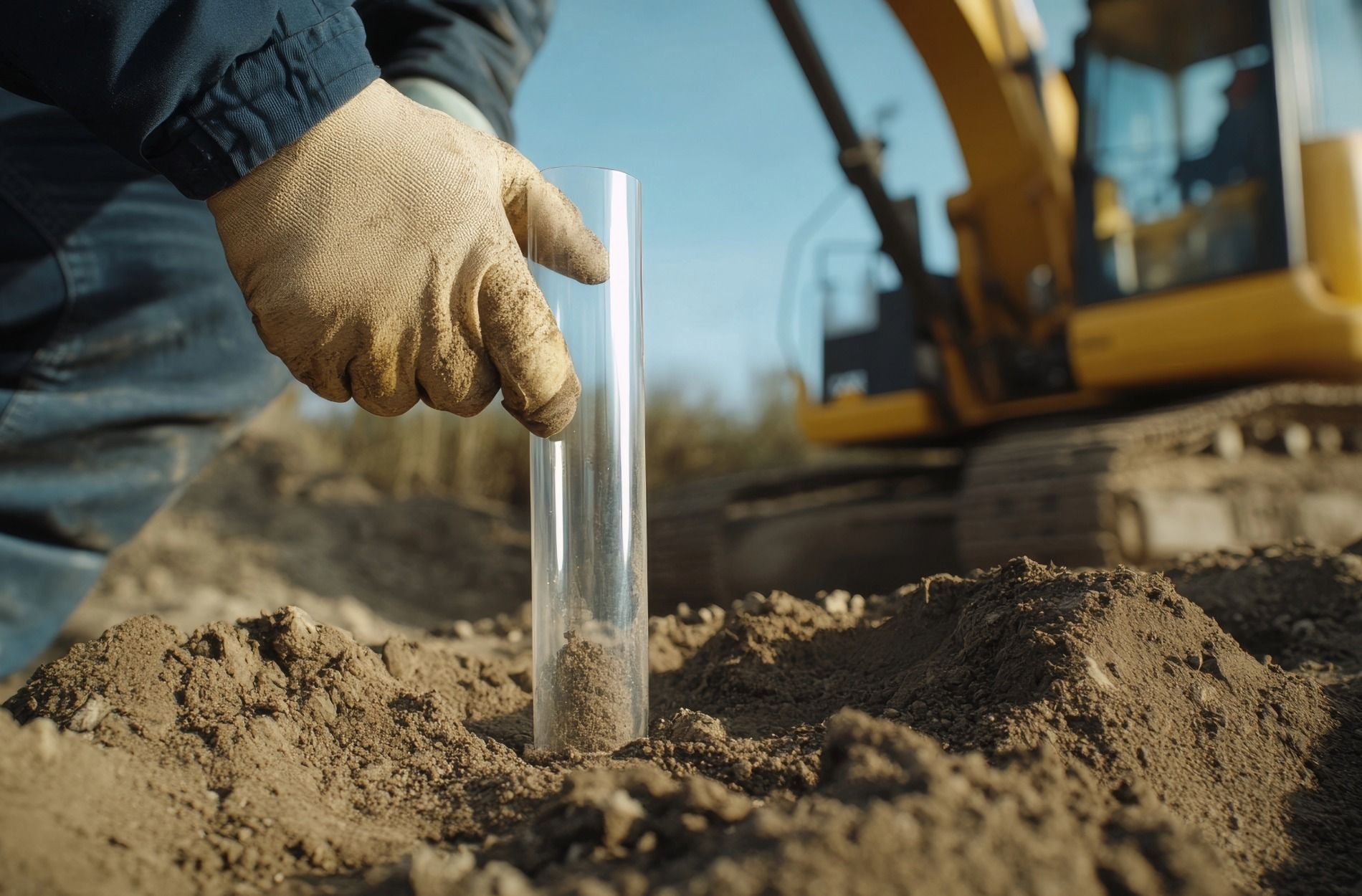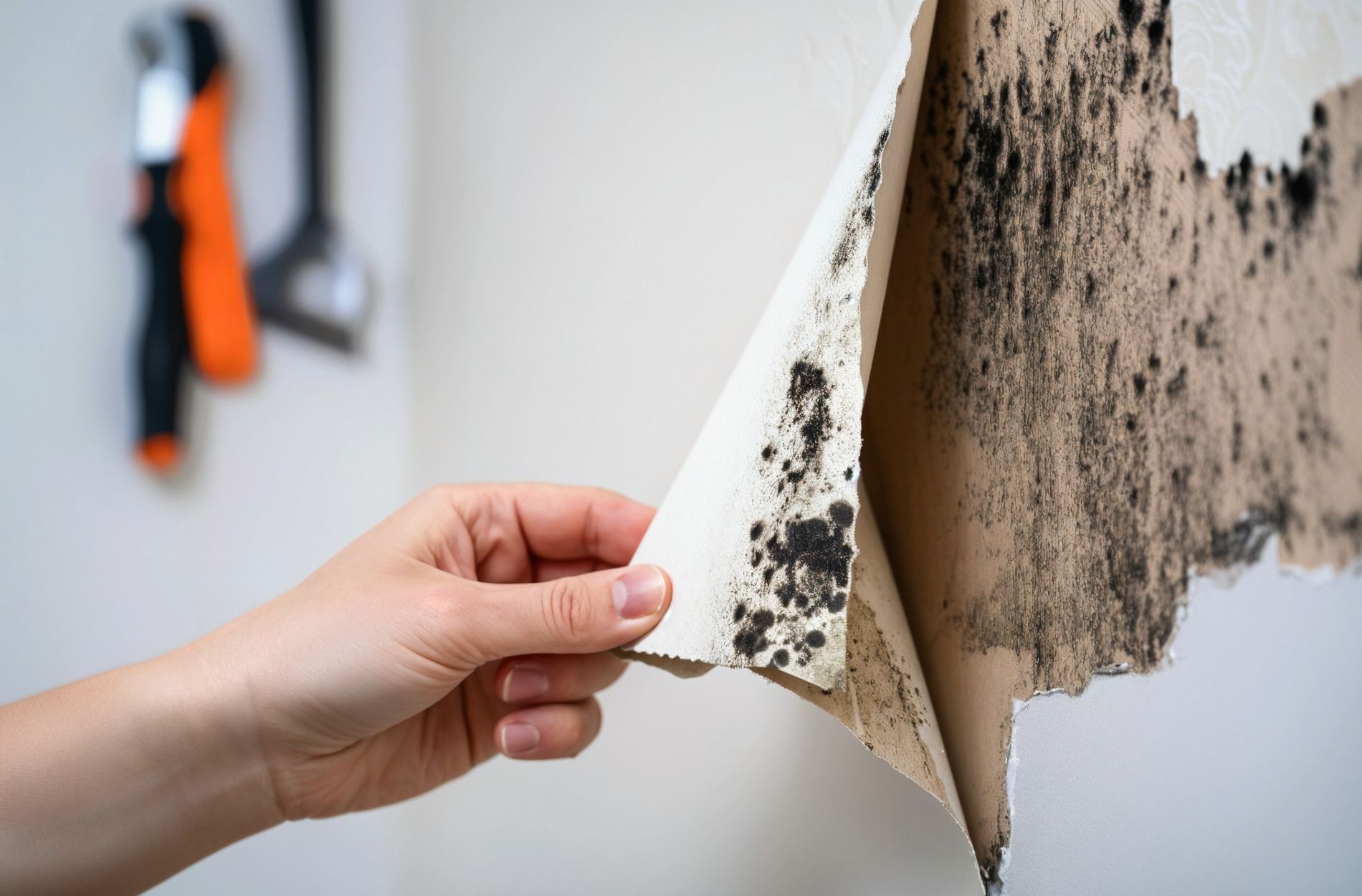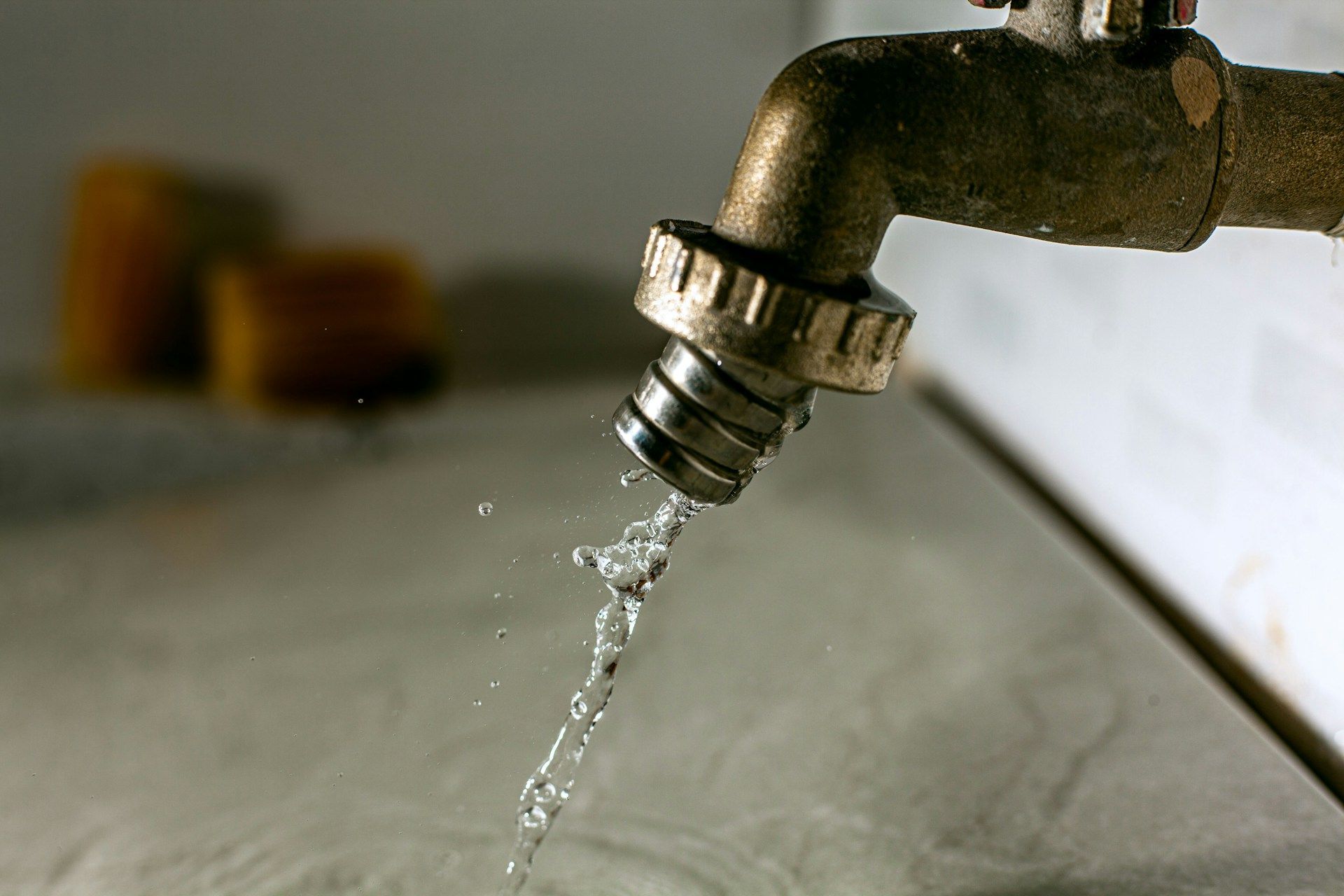Strange Taste In Your Pennsylvania Tap Water?
Taking a sip of water straight from the tap should feel refreshing, especially on a hot summer day. So when it tastes off, maybe metallic, earthy, or like chemicals, it can catch you by surprise. Most people assume their tap water is safe and clean, but taste is one of the first things that might let you know something isn’t quite right.
Strange-tasting water isn’t always a serious issue, but it can be a sign that something in your water supply has changed. Whether it's naturally occurring minerals, old pipes, or something introduced by nearby construction or runoff, it's worth paying attention to. Knowing where these tastes come from can help you figure out what action to take.
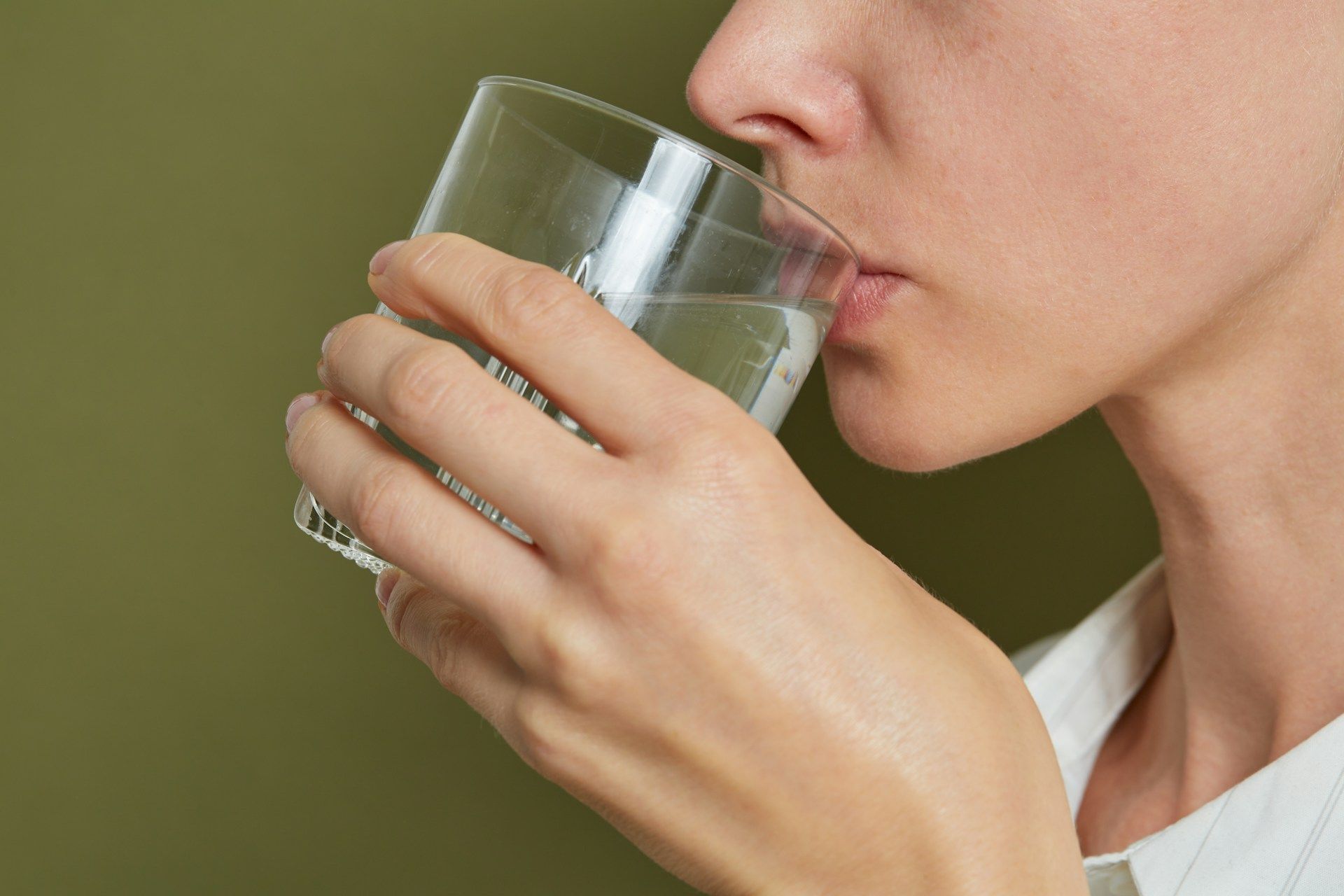
Common Causes of Strange Tastes in Tap Water
It’s not unusual for tap water to have a noticeable taste every now and then. Some of these flavors might be harmless, while others could point to a larger issue. Figuring out the cause starts with knowing what can be affecting your water in the first place.
Here are some of the most common sources of weird-tasting water:
- Minerals: Natural minerals like iron or manganese are found in many parts of Pennsylvania. These can make water taste metallic or bitter. While not always dangerous, high levels can build up in both well and municipal water systems.
- Chlorine: Public water systems often use chlorine to disinfect water. It’s an effective method, but it can leave water tasting or smelling like chemicals.
- Bacteria or algal blooms: Natural growth inside private wells or surface water systems, especially in the summer, can cause musty or earthy tastes.
- Old plumbing: Older homes with galvanized steel or lead pipes might introduce a metallic flavor caused by corrosion. This kind of issue might also create safety concerns.
- Runoff contamination: Heavy rain or nearby construction work can wash pesticides, fertilizers, or industrial waste into water sources. Even treated systems can pick up strange flavors this way.
For example, a family living in rural Pennsylvania once noticed their water started tasting bitter with a noticeable bleach-like odor. They initially brushed it off, hoping it was temporary. When the issue persisted, they had it professionally tested. The results showed an unexpected level of chlorine due to changes at a nearby treatment facility.
The bottom line is, while some causes may only be annoying, others might need more serious attention. If your tap water has developed a strange taste, it's worth looking into the reason.
How to Identify and Describe These Tastes
Being able to describe what you're tasting goes a long way in solving the problem. It's kind of like going to the doctor and giving good details about what's bothering you. The more specific you are with the taste, the easier it is to find the source.
Here are some common taste descriptions and what they might tell you:
- Metallic: Usually comes from iron, copper, or other metals. This can be tied to pipe corrosion or naturally high mineral content from local groundwater.
- Chlorine or bleachy: Often a result of water treatment in public systems. It usually means the chlorine level is noticeable or unusually strong.
- Earthy or musty: Natural organic matter or algae pockets in wells or lakes can cause this. It's especially common during warmer months when bacteria have more favorable growing conditions.
- Salty: May be linked to minerals like calcium or magnesium. It might also come from water softeners or runoff from nearby roads or agricultural activity.
- Bitter or chemical: A sharper taste could be tied to pollution, pesticide runoff, or industrial byproducts. This is something you don’t want to ignore.
To figure out if the taste is in just one part of your house or widespread, try samples from multiple faucets. A difference between them could point to a localized plumbing issue versus a main water supply change. Write down when you first noticed the taste and how often it happens. Even a short log of what you’re experiencing can be useful when you get the water tested.
Knowing exactly what you're tasting can get you closer to identifying the source and choosing the right solution.
Steps to Take If You Notice Strange Tastes
If your water suddenly starts tasting odd, your first step should be not to ignore it. Even though it may look clear, a strange flavor could be the first sign of an issue.
Here are some steps you can take quickly:
- Let the faucet run for about two minutes. If the bad taste disappears, the water might have just been sitting in the pipe for a while.
- Taste the water from different taps in your home. If it’s just one faucet, chances are good it’s an issue with that fixture or a small part of your plumbing.
- If you rely on well water, think back to any recent rainstorms or construction near your home. Those can disturb underground conditions and affect water taste.
- Pay close attention if the water changes in other ways too, like temperature, color, or smell, along with the taste.
- Stop using the water for food or drink until you know it’s safe.
Some causes might clear up fast, but if the taste lasts more than a day or two, it’s time to take the next step and get your water tested. Professional testing is the only way to really understand what’s going on. Guessing or relying on over-the-counter items won’t give you the full picture. If something like chemical runoff or metal from corroded pipes is the issue, it needs to be resolved properly to protect your home and your health.
Addressing the taste issue right away often leads to quicker, cheaper resolutions. Acting early limits damage both to your home systems and to your peace of mind.
The Benefits of Pennsylvania Water Testing
Water throughout Pennsylvania doesn’t all come from the same source. It travels across farmlands, wooded areas, hillsides, and even old industrial zones. That’s why professional water testing tailored to your region is such a smart move.
Here’s what makes local water testing helpful:
- You get a detailed report showing everything in your water, beyond just taste or smell
- It helps pinpoint whether that strange taste is safe to ignore or needs attention
- You’ll learn if your own plumbing system or filters are causing the change
- It gives your family peace of mind for drinking, bathing, and cooking
For example, if you’re living in a farmhouse near Harrisburg and your water smells like sulfur in early summer, local testers will know that this could be tied to seasonal groundwater shifts. That makes diagnosis faster and more accurate. These are the types of things that generic test kits might miss.
Because water quality changes over time and from place to place, having a Pennsylvania-based testing service makes a meaningful difference. Familiarity with local patterns helps you get results you can actually trust.
Like Your Tap Water Again
You should feel good about the water that comes out of your tap. Whether it's bugging you with a slight metallic aftertaste or something that reminds you of musty lake water, that lingering flavor is worth solving. If nothing else, you deserve a glass of water that doesn’t make you hesitate.
Strange-tasting water that goes unchecked could eventually lead to bigger concerns, including damage to pipes, appliances, or even your health. The earlier you act, the more likely you can keep the issue simple and easy to fix.
Knowing exactly what’s flowing through your faucet helps you take control. Whether that means a filter upgrade, plumbing change, or calling in help, one test can give you the facts you need. Once your water tastes how it’s supposed to—clean, crisp, and clear—you’ll wonder why you waited.
Trust your senses. If your water tastes off, don’t ignore it. Getting it tested is an easy first step to peace of mind and better water throughout your home.
If your tap water has taken on an odd taste, smell, or appearance, don't wait to find out what's causing it. With reliable
Pennsylvania water testing, you can get real answers about what’s flowing through your pipes. Oak Leaf Environmental is here to help you uncover the source of the issue and take steps towards safer, better-tasting water in your home.
